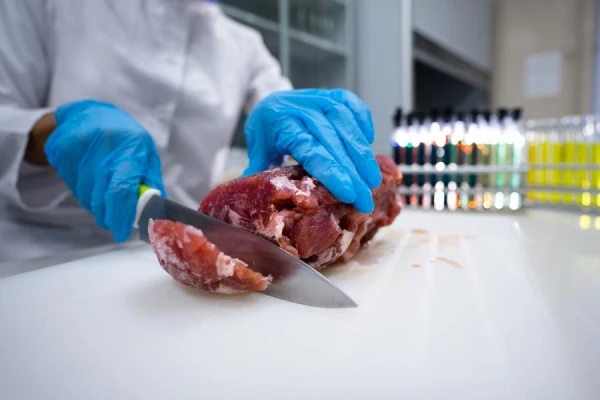
Italy has become the first country in the European Union to ban both the production and sale of lab-grown meat. Companies that violate this ban may face fines ranging from €10,000 to €60,000. This was reported by the portal beefcentral.com, citing the AFP news agency.
The new law also prohibits labeling information that could describe plant protein as "meat." According to the authorities, the main goal of this law is to "protect the national livestock heritage," which has cultural, socio-economic, and environmental value. Furthermore, this ban aims to protect consumer rights and their right to receive information about the food products they consume.
However, the Italian International Nonprofit Organization for Animal Rights criticized the new law, calling it impractical. "As of today, this ban is completely useless, as cultivated meat has not yet received approval in the EU for human consumption and, therefore, cannot be sold," representatives of the organization noted. At the same time, artificial meat is considered in the European Union as "novel food." This implies that the product must undergo an approval process, and if such approval is granted, Italy will no longer be able to ban its production and use.
Meanwhile, the main producer of lab-grown meat, Beyond Meat, has revised its annual revenue forecast for the second time this year, as well as announced job cuts and a change in strategy as part of a cost optimization plan.
According to the company's forecast, revenue in 2023 will be between $330 million and $340 million, significantly lower than the previously expected $360 million to $380 million. The publication reports that Beyond Meat's market capitalization has fallen from over $9 billion at its IPO in May 2019 to $440 million, and the company's stock price has dropped from $240 to $6.65 per share.












